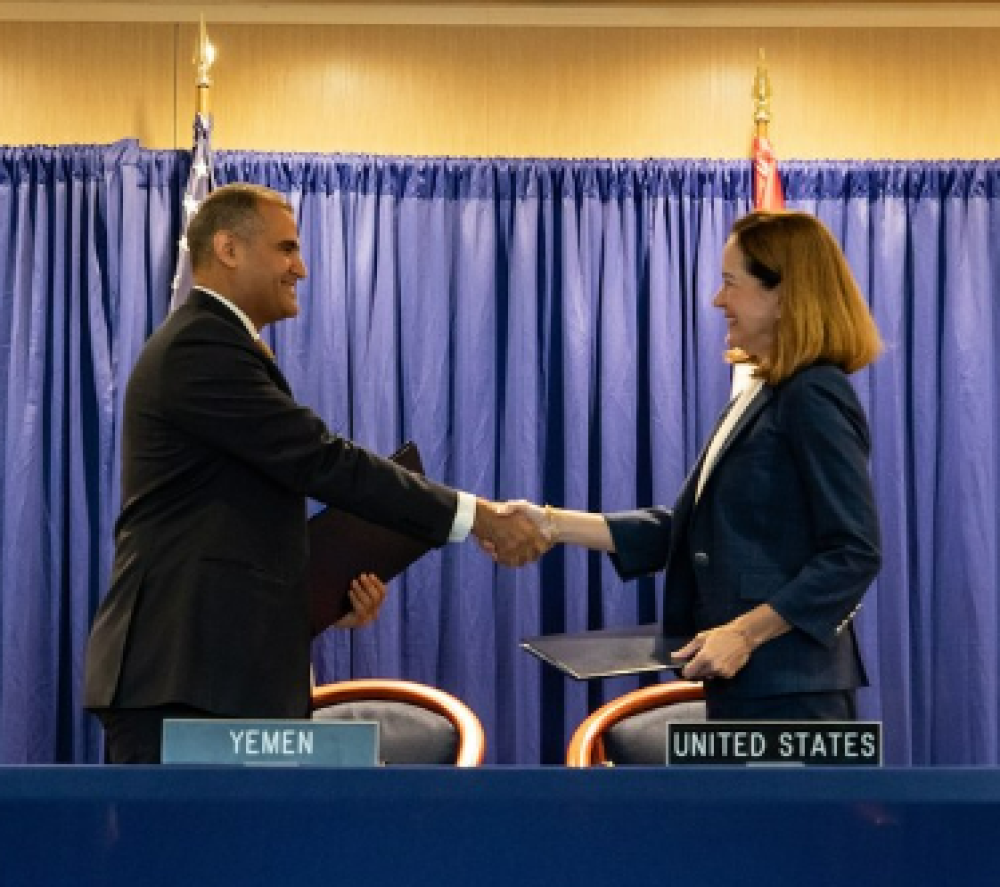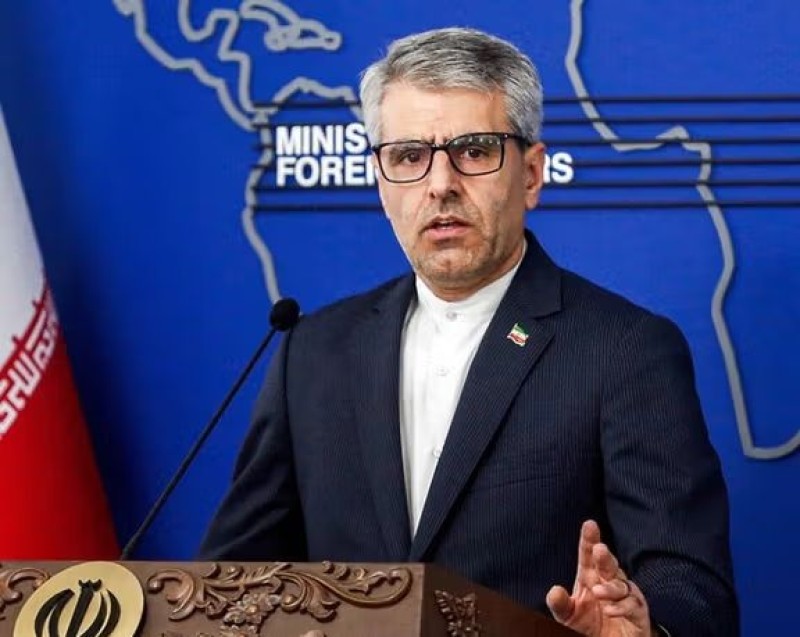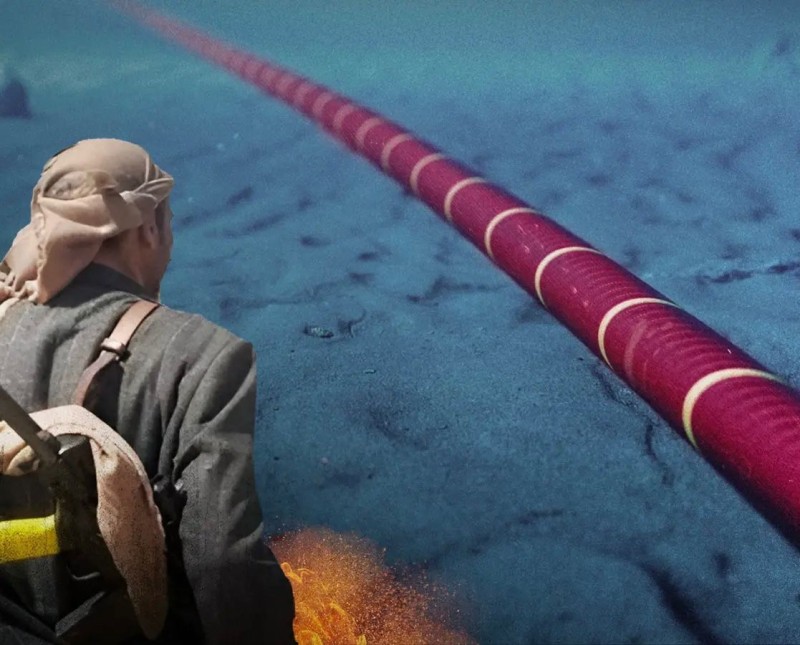US and Yemen sign cultural property agreement


The US and Yemen have signed a bilateral cultural property agreement that renews and extends protections for Yemeni cultural property that were put in place in 2020 on an emergency basis, the US State Department announced on Friday.
The deal was signed by US Assistant Secretary of State for Educational and Cultural Affairs Lee Satterfield and Yemeni Ambassador to Washington Mohammed Al-Hadhrami, accompanied by the US Special Envoy for Yemen Tim Lenderking on Wednesday.
“The signing of this agreement is a major milestone in the US-Yemen bilateral relationship and is a framework for cooperation between the two countries to combat cultural property trafficking, while encouraging its legal exchange for cultural, educational, and scientific purposes,” the State Department said.
“The agreement builds on the United States’ long-term collaboration to preserve Yemen’s cultural heritage through US Ambassadors Fund for Cultural Preservation grants to NGO partners totaling more than $550,000 and ranging from the restoration of historic buildings to the preservation of ancient manuscripts,” the statement said.
The agreement also builds on the Biden Administration’s support for a durable resolution to the Yemen conflict and reaffirms US support for Yemeni sovereignty, it said.
The State Department affirmed Washington’s commitment to protect and preserve cultural heritage around the world and to restrict trafficking in cultural property, which is often used to fund terrorist and criminal networks.
The US-Yemen cultural property agreement was negotiated by the State Department under the US law implementing the 1970 UNESCO Convention on the Means of Prohibiting and Preventing the Illicit Import, Export and Transfer of Ownership of Cultural Property.
“With this agreement, Yemen joins 25 existing US bilateral cultural property agreement partners,” the department said. “In addition, US emergency import restrictions remain in place on cultural property from Afghanistan, Iraq, and Syria.”

Tehran — Iranian Foreign Ministry spokesman Ismail Baghaei has voiced concern over the latest developments unfolding in Yemen, particularly i…

A new media report has revealed that Google is embarking on a major subsea cable initiative, dubbed Blue Raman, in a strategic move to establish a…

Muscat – Thousands of Yemeni families are anxiously watching the ongoing prisoner exchange talks in Muscat, Oman, hoping for a breakthrough t…